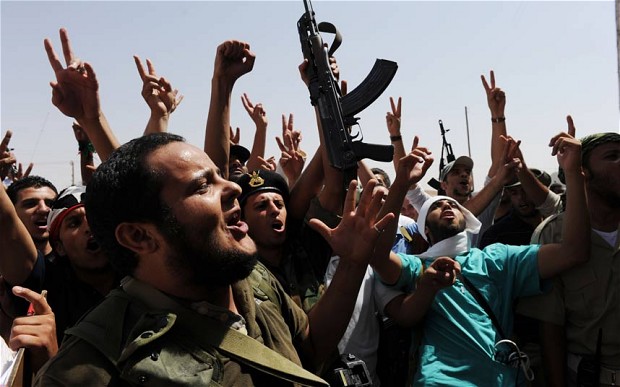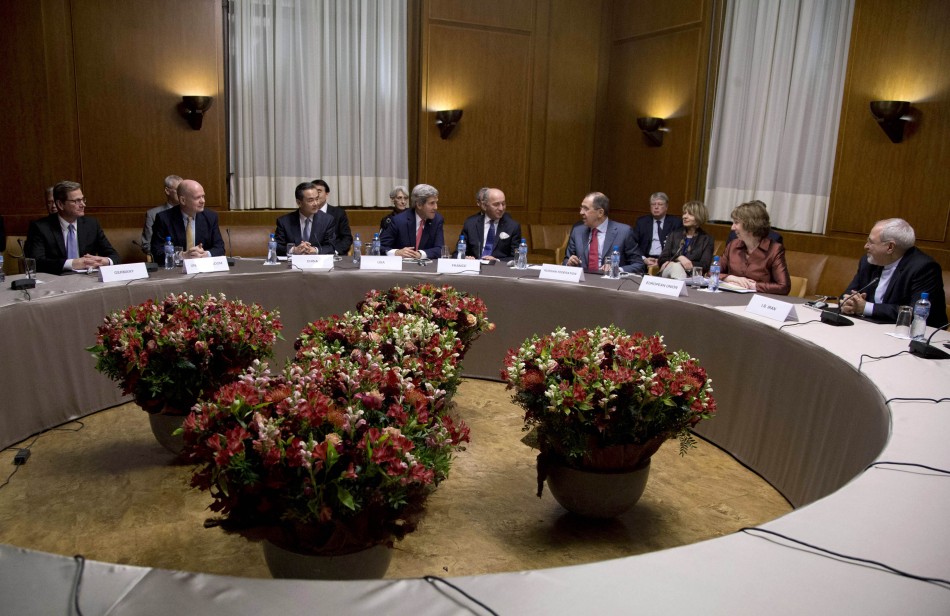by Michael Yoakum
Impunity Watch Reporter, North America
HAVANA, Cuba – US and Cuban government officials met in Cuba’s capital on Wednesday to begin talks intended to tackle the issue of Cuban citizens migrating to the United States. Edward Alex Lee, a US State Department official, praised the tone of the talks explaining that the “very constructive” nature of the talks could lead to strengthened US-Cuban relations.

The strained relationship between the United States and Cuba has eased considerably since President Obama began his second term. State Department and Cuban officials point to President Obama’s handshake with Cuban President Raul Castro at Nelson Mendela’s funeral as evidence is the change in tone.
“Despite our historically difficult relationship, over the course of the past year and a half we have been able to speak to each other in a respectful and thoughtful manner,’ Mr. Lee said in a Havana press conference.
Mr. Lee confirmed on Friday that he had visited Alan Gross, a US citizen sentenced to 15 years in Cuba for smuggling illegal satellite equipment into the country. He noted that US government was “deeply concerned” for Mr. Gross’s well being.
During the talks, Cuban officials reiterated their stance against the Cuban Adjustment Act, which allows Cuban citizens to gain permanent residency after one year. Further, Cuban officials point to the “wet foot, dry foot” rule as a major source of unsafe migration attempts. The “wet foot, dry foot” rule allows Cuban citizens who reach US soil to remain in the country while repatriating Cubans detained at sea.
“These are the main encouragement to illegal departures and irregular arrivals of Cuban citizens in the U.S. territory,” said a statement released by the Cuban government.
The talks that began Wednesday are part of a series on migration that began in July of last year. Neither government had released information on when more discussions might occur.
For more information, please see:
BBC News – Cuba: US ‘very open’ to new relationship – 10 January 2014
Reuters – U.S. official praises new tone with Cuba, visits jailed contractor – 10 January 2014
Miami Herald – US-Cuba migration talks to be held Wednesday in Havana – 6 January 2014
The Washington Post – Cuba, US hold migration talks in Havana – 9 January 2014
The Guardian – US and Cuba to hold fresh round of diplomatic talks in Havana – 8 January 2014

